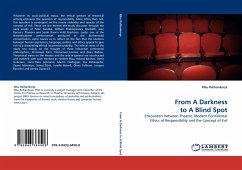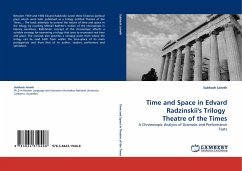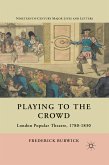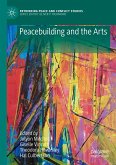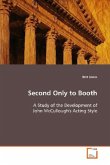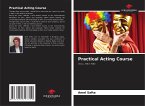Whatever its socio-political status, the ethical gesture of theatrical activity embraces the question of responsibility. More often than not, this question is contingent on the innate radicality and opacity of the concept of evil. These are the themes the study discusses through the early works of Peter Handke, William Shakespeare's Macbeth, Jean Racine's Phaedra and Sarah Kane's 4.48 Psychosis. Lastly, one of the theatre/cabaret performances produced in the Buchenwald concentration camp causes us to reflect on the fact that the relations between human expression, language, politics and ethics appear to give rise to a disquieting ethical incommensurability. The ethical views of the study rest mainly on the thought of three influential continental philosophers, Immanuel Kant, Emmanuel Levinas and Alain Badiou. Theoretical views on the theatre and the arts in general are constructed and outlined with such thinkers as Herbert Blau, Roland Barthes, Denis Guénoun, Hans-Thies Lehmann, Martin Heidegger, Esa Kirkkopelto, Zeami Motokiyo, Slavoj Zizek, Janelle Reinelt, Oliver Feltham, Jacques Rancière and Alenka Zupancic.

